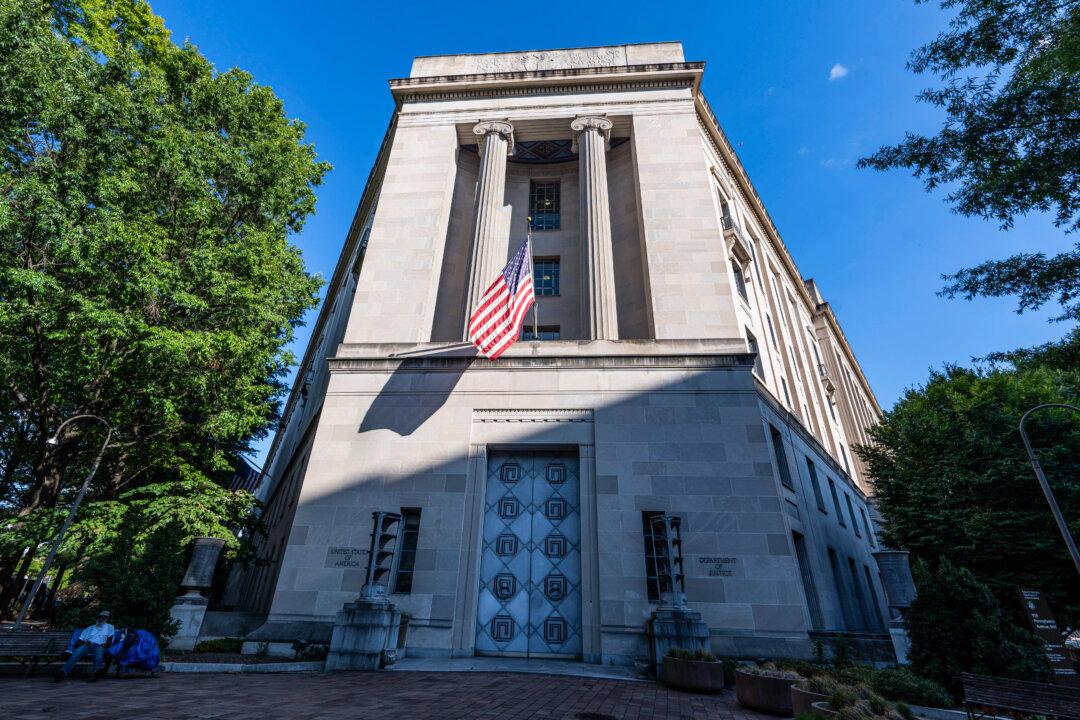A Chinese dissident living in New York City has been charged for allegedly acting as a spy for the Chinese regime’s intelligence agency, according to the Department of Justice (DOJ).
Tang Yuanjun, 67, a naturalized U.S. citizen, was arrested in the Flushing neighborhood of Queens, New York, on Aug. 21 on charges of “acting and conspiring to act in the United States as an unregistered agent of the People’s Republic of China (PRC) and making materially false statements to the FBI.”






